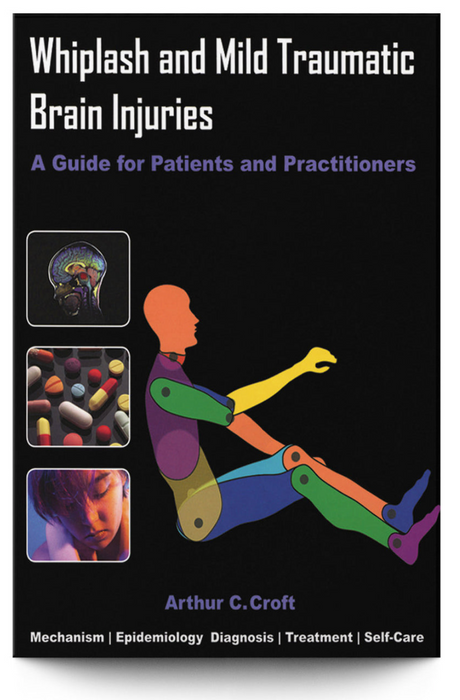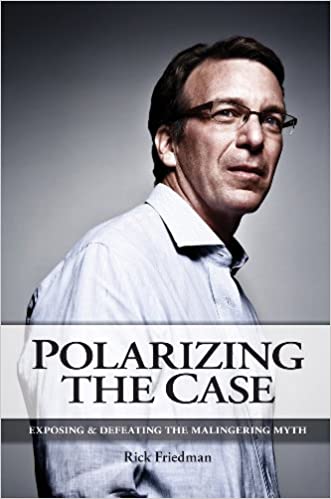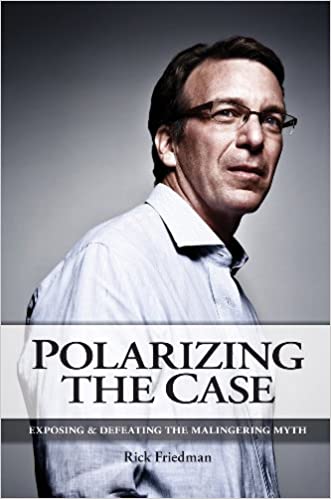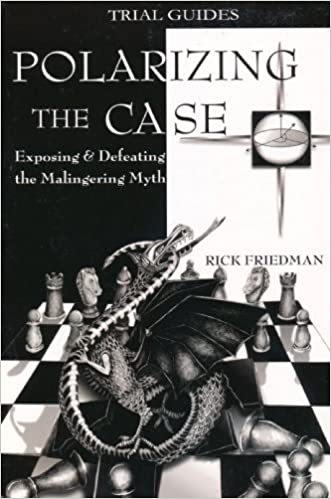
Dorothy Clay Sims Exposing the Deceptive Defense CLEs in California
Join nationally renowned trial lawyer Dorothy Clay Sims who has made a career out of bringing to light the underhand tactics insurers and IME doctors use, for a day long, intensive seminar on exposing...











